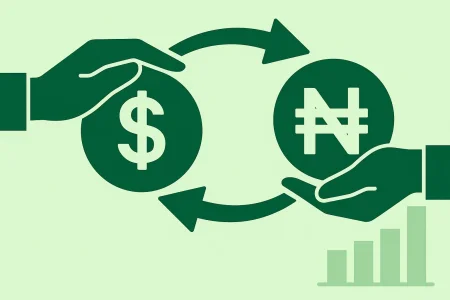
The Central Bank of Nigeria (CBN) has raised the monetary policy rate (MPR) from 24.75% to 26.25% to combat rising inflation, now at 33.69% due to increasing food prices. This is the third consecutive rate hike this year, impacting borrowing costs and economic growth in Nigeria.
The monetary policy committee of the Central Bank of Nigeria (CBN) has increased the monetary policy rate (MPR) from 24.75 percent to 26.25 percent.
Announced by CBN Governor Olayemi Cardoso during the committee's 295th meeting in Abuja, this marks the third consecutive hike this year.
The decision follows a rise in Nigeria's inflation rate to 33.69 percent, driven primarily by surging food prices. The MPR serves as the baseline interest rate in the economy, influencing the rates banks set for loans and deposits.
The increase aims to combat inflation by making borrowing more expensive, thereby reducing consumer spending and slowing the economy. However, higher interest rates can also have significant implications for Nigerians.
Consumers may face higher costs for loans and mortgages, potentially leading to decreased spending and investment. Businesses, especially small and medium-sized enterprises (SMEs), may struggle with higher borrowing costs, impacting their ability to expand and hire.
In the broader economy, elevated interest rates could slow economic growth, affecting job creation and income levels. While the CBN's move is intended to stabilize prices, it may also contribute to economic challenges for individuals and businesses already grappling with high living costs and economic uncertainty.
The CBN's continued adjustments highlight the ongoing struggle to balance inflation control with economic growth.




